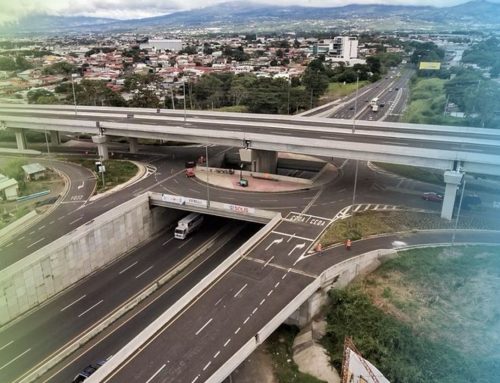This past Thursday, January 13, the Costa Rican Congress approved the law for the legal use of medicinal cannabis and industrial hemp. This bill was approved in its second and final round of voting, where it obtained only 10 votes against out of 39 votes in total. Currently this law is only waiting for the signature of the current president, Carlos Alvarado.
The legalization of cannabis in Costa Rica for recreational use has not been approved at the moment, despite the fact that in the world more and more countries are joining the legalization of cannabis in general. For our country, this new law only approves the use of cannabis in medical and therapeutic aspects; and of hemp for industrialization and food. But what does this mean and what opportunities does it bring?
General aspects about the legalization in Costa Rica
Cannabis is a plant, it contains THC or tetrahydrocannabinol, and their effects repress the nervous system. Commonly called marijuana, this plant has different types such as sativa, indica or even hemp. The latter is its variant that is low in the psychotropic THC component and is used for industrial proposes such as the manufacture of textiles, foods, seeds, oils, biofuels, medicines, cosmetics and much more.
It is important to be able to distinguish these since the new law differentiates between them for cultivation permits.
The new law will grant the power to Costa Rican authorities at the Ministerio de Agricultura y Ganadería (Ministry of Agriculture and Livestock) to grant licenses for the cultivation of medicinal cannabis in national territory. These must be distributed equitably, with a minimum of 40% of the total licenses granted to districts with lower rates of social development, MSMEs, agricultural producers organizations, among others.

Likewise, hemp may also be sown for other derived uses such as fibers for textiles, paper, and seeds, among others. It is important that in addition to the licenses to cultivate if you want to import hemp seeds, you must have authorization from the Ministerio de Agricultura y Ganadería.
Is it a good investment opportunity in Costa Rica?

The economic impact of this new law has great potential to generate a lot of income not only because it allows the opening of a new segment in agricultural / industrial production in which there is already an established consumer market both national and international; but it also has the potential to provide jobs and save money on penalties related to the distribution and possession of marijuana.
Another economic benefit is that the government can benefit from the income from taxes on this business. In the USA, the states that have legalized it are already seeing the harvest of this and it is estimated that by 2025 USD 105 billion in federal taxes will be generated over the cannabis industry.
The cultivation of cannabis can be carried out indoors or outdoors, the aforementioned is used in greenhouses because the external conditions are not ideal for the plant due to the extreme climate.
The general conditions for growing cannabis are at least 5 hours of sunlight per day, temperature between 15 and 25 ºC, constant breeze to strengthen the stems, not much rain as it can cause fungus, high or medium humidity level depending on the strain and frequent watering without drowning the plants.
Many of these conditions are found throughout the territory of our country, thus providing a huge investment opportunity for people who decide to get involved in the business of growing medicinal cannabis or industrial hemp.
At NATIVU we believe in living happily and investing wisely, so if you see an opportunity for growth within this new niche of investors, we urge you to keep reading about it. When the law get approved, this will bring many business opportunities at the national level; either within the part of cultivation, production or manufacturing, distribution and sale.
This is why this new law can bring many economic and social benefits thanks to the legalization of medical cannabis and industrial hemp, since it is a market that is growing more and more inside and outside our borders.








